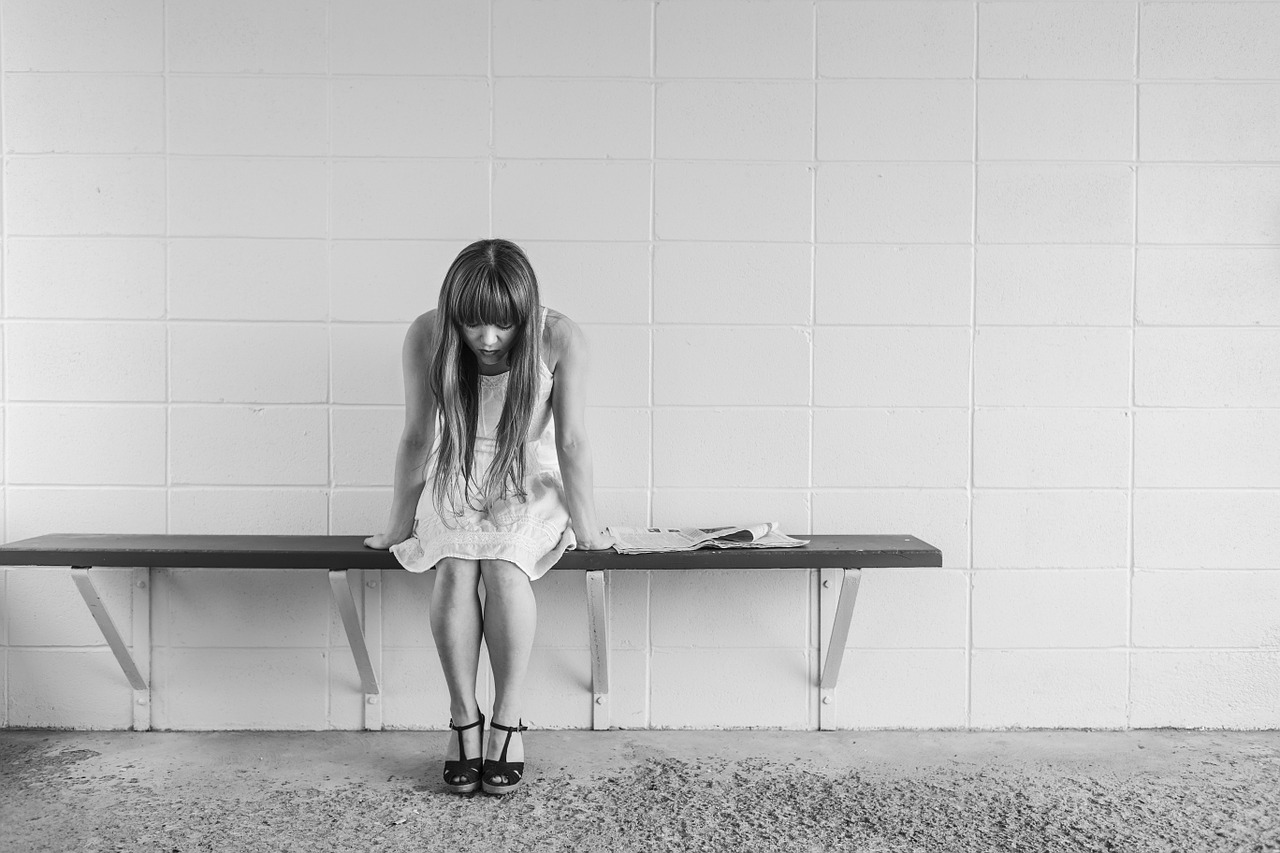
The aftermath of losing a loved one is difficult to handle, no matter how prepared you are. Feelings of sadness, guilt, anger, and grief can be overwhelming and may feel impossible to cope with, leading to depression and even suicidal thoughts. For those currently attending university, it can be a difficult time as you try to juggle academics, being away from family, and the grief you are sure to feel. Having all those raw emotions tangled up together can make the future seem bleak, and you might feel like there is no end in sight to the pain you’re going through.
Keep in mind, however, that these feelings are perfectly normal for a person who is grieving for a loved one, and that there is no one way to cope, just as there is no one way to grieve. Finding what works for you will allow you to spend the coming days, weeks, and months working on getting through it–not over it–and gradually coming to an understanding that while time itself does not heal all wounds, it does allow you to educate yourself on what grief does to your psyche and how other people have managed it. This can help you find hope even during the darkest of times.
If you are having thoughts of self-harm, know that there is help available. Reach out if you need to talk to someone. You may feel as though no one understands what you’re going through, or you might be so deep into depression that you don’t feel you have the energy to talk to someone. These days, you can find resources via text, chat, by phone or online, so don’t hesitate–let someone know you’re hurting.
National Suicide Prevention Lifeline–1-800-273-8255 or
Text CONNECT to 741741 or
Go here to chat
If you feel you want to learn more about how to cope with your thoughts and emotions in a positive way, there are many things you can do: you might make an appointment with the university’s mental health office, or connect with other students you know who have experienced grief or are currently experiencing it. Don’t be afraid to talk with your advisor about this struggle you are currently facing. They may be able to help you with securing time off or an extension on deadlines and assignments. Be open and honest with your professors as well. They are here to see you succeed, and can be a huge source of support in both your academic and personal endeavors. Advisors, professors, and on-campus mental health services will be your support system, and check in to be sure you are still moving forward and dealing with your grief appropriately.
Think about what works best for you and make it a point to take care of yourself. It may seem selfish, but right now, it’s important to focus on your wellbeing. You might not feel like eating, but it’s imperative to have well-balanced meals to keep your energy up. Try to get some daily exercise, even if it’s just walking the dog. This can be difficult to do when depression has its grip on you, but it’s important to try.
Some other ways you can focus on your wellbeing include practicing self-care, such as finding a way to relax before bed so that you’ll sleep better (you might burn lavender candles, take a hot bath or shower, or meditate). Do something you enjoy as often as possible; whether that’s playing a quick game of basketball with friends or making art, spend your free time doing things that make you happy.
You might find it helpful to look at some online resources for handling grief. These bereavement programs allow you access to content that can help you sort out your feelings and find people just like you, whose stories can help you find hope.
Keep in mind that it’s important to find support systems. Whether it’s an online support group or a close, trusted friend, having people around you who understand what you’re going through and can lend a sympathetic ear can make a huge difference when you’re coping with grief. You might start up a support group for other students experiencing grief; being able to talk about what you’re going through with people who are having similar feelings is cathartic and may help you feel better.
Photo via Pixabay by RyanMcGuire











